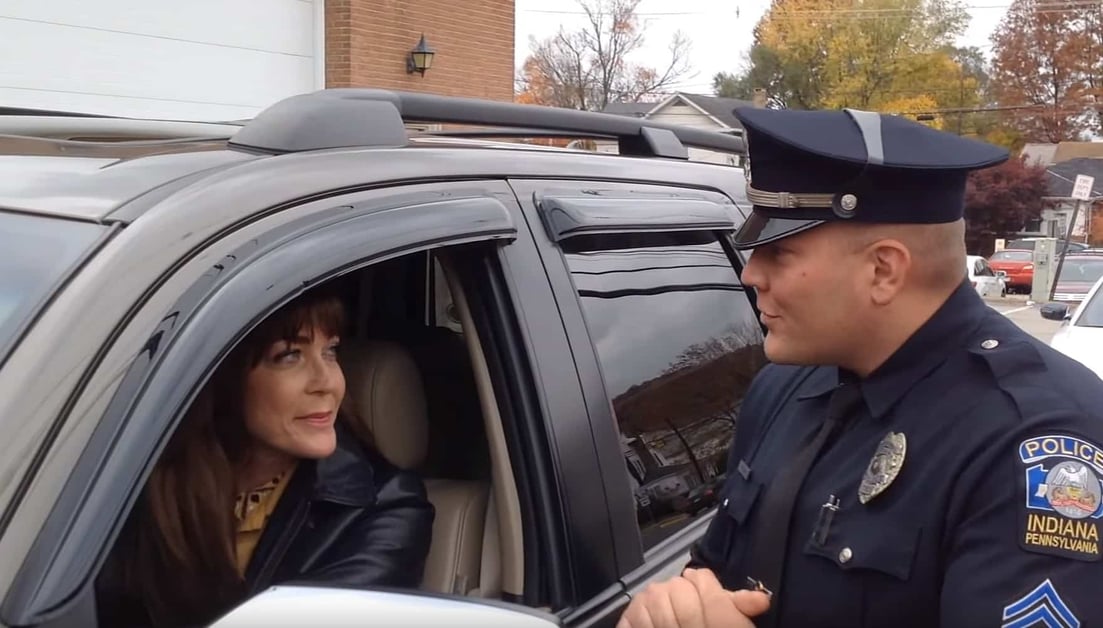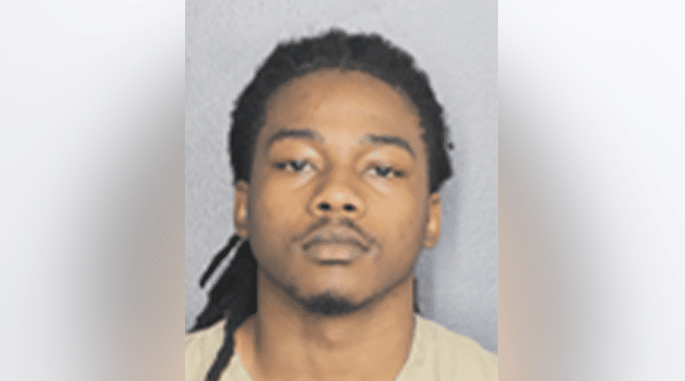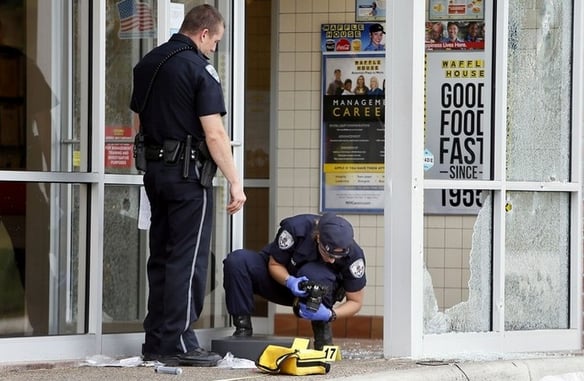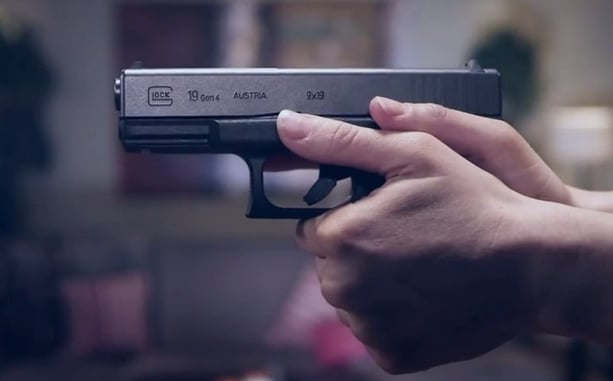We have an updated, comprehensive article on what to do when you’re pulled over while carrying a firearm. Check it out here!
Face it; you aren’t a perfect driver and you have probably been pulled over at least once in your lifetime. That is sure to happen again, but what happens if you add a legally concealed firearm into the mix? Here are a few tips on what to do – and what not to do – during a traffic stop while you are carrying concealed.
DISCLAIMER: The following views and opinions have been gathered from the internet and are intended for educational purposes only. If you are involved in a traffic stop while carrying concealed, use your best judgement and respect the officer(s) that you encounter. We are not lawyers or anything else of that nature, so please review and verify your local laws so that you are in compliance.
Tip #1: Hands 10 & 2, Dome light on
We are giving this the first spot because we feel it to be extremely important. The moment you are pulled over, the officer can and will notice any movement inside of your vehicle. It is better to remain still and calm with your hands on the steering wheel in plain site, and your dome light on to illuminate the inside of the vehicle. It is also a good idea to roll your window down the moment you are pulled over, so you do not need to reach out of site when the officer is at your window.
Tip #2: Advise the Officer
Our recommendation has always been the same, regardless of your state laws. Let the officer know that you have a firearm on your person. By doing this, you are being up front with them and this tends to portray you in a positive light. Obviously the reaction will vary from officer to officer, but our research shows that the majority of them are very welcoming of this information. The following phrase is commonly recommended “Officer, I want to let you know that I have a concealed carry permit in this state and am currently have one on my person. How would you like me to proceed?” Notice we said ‘have one on my person’. This is very important, as the last thing you want is another officer coming up on the other side of your vehicle and the first thing he hears is GUN. Additionally, asking the officer how he would like you to proceed offers them comfort and control over the situation.
Tip #3: Display Identification, move slow
You will probably, at some point, need to give the officer your Drivers License. The recommendation here is to provide your ccw permit at the same time. This verifies to the officer that you do indeed have your permit, and will more than likely make the process much smoother. Before reaching for your DL and permit, advise the officer of the location of your firearm. If you are like us, you’re carrying around 5 o’clock which happens to be the same general location as your wallet. Again, let the officer advise you if they choose to do so. If they don’t seem that concerned, make slow movements to retrieve your documents.
Tip #4: You are not being treated like a criminal
The #1 issue we hear is this: “Why should I have to tell the officer I’m carrying, I am not a criminal!” Remember this; the officer has no idea who you are, and just wants to get back to his family at the end of the day. With the nature of the job, there are inherent risks associated with it. It’s better to be safe than sorry and because of this, we feel that the above information is relevant and important. There are of course rare cases when an officer would go above and beyond the necessary steps and if your rights end up being violated, the process to rectify that should come after and not during the traffic stop itself.
Tip #5: Know your local and state laws
As with anything else firearm related, get familiar with your local and state laws. There are some states that require you inform the officer while carrying concealed, while others do not. Again, use your best judgement and proceed as necessary.








![[WATCH] Bodycam Footage Documents Police Response to Active Shooter](https://imagedelivery.net/sbm_lYeJbALkepJgtmRD5w/concealednation.org/2023/01/Body-cam-footage.jpg/w=728,h=381)





